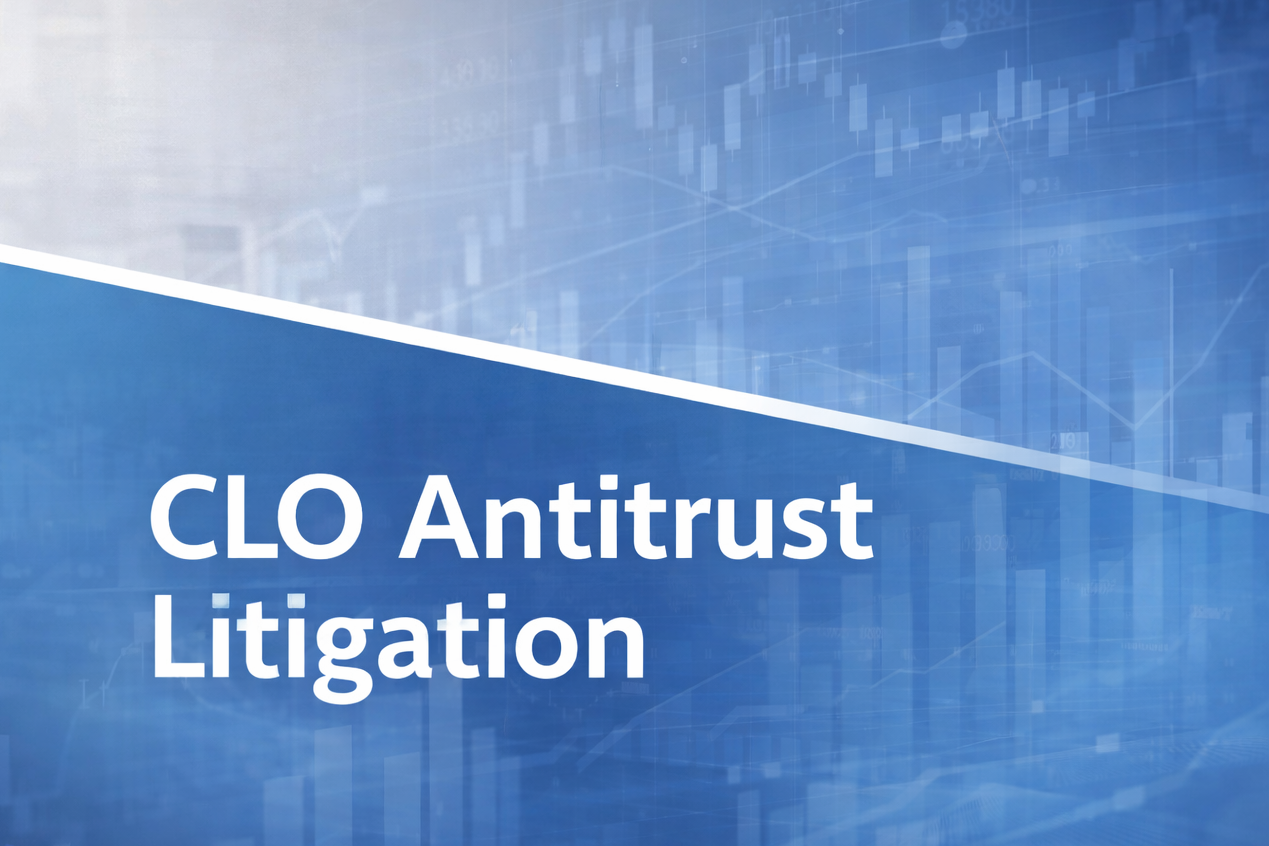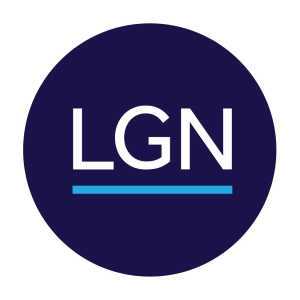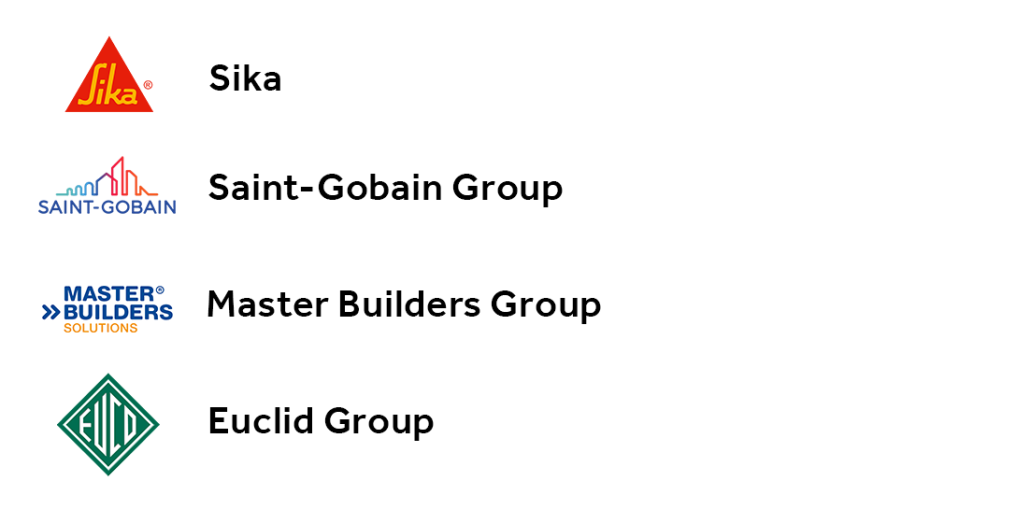CLO Antitrust Litigation
Overview
LGN filed a nationwide antitrust class action lawsuit on behalf of businesses that borrowed funds from lenders that conspired to artificially inflate credit spread adjustments (“CSAs”) in borrowers’ loan amendments during the lead-up to the cessation of the London Interbank Offered Rate (“LIBOR”). The lawsuit alleges that the conspiracy began in or around January 2023 when approximately 70 equity investors in collateralized loan obligations (“CLOs”)—the largest lenders to the class of borrowers—agreed during a conference call organized by Defendant Eagle Point to form a working group to monitor leveraged loan amendments and pressure CLO managers into rejecting amendments that included a CSA below the rate recommended by the Alternative Reference Rates Committee (“ARRC”). The result: these borrowers paid inflated interest rates.
Background
Leveraged loans are secured loans issued to non-investment grade U.S. companies that borrow the funds to finance a range of activities, such as acquisitions and stock buybacks. Historically, interest rates for leveraged loans were indexed to USD LIBOR. A series of scandals led the U.K.’s Financial Conduct Authority to determine that LIBOR, including USD LIBOR, would be discontinued. In 2021, the Federal Reserve Board and the Federal Reserve Bank of New York established the ARRC to recommend a replacement for USD LIBOR, which became known as the Secured Overnight Financing Rate (“SOFR”). Leveraged loans that were indexed to USD LIBOR would need to transition to SOFR once LIBOR ceased being published, and the ARRC recommended several CSAs designed for amendments to USD LIBOR-based loans to account for historical differences between the two benchmark rates.
Competitive market forces initially drove CSAs for leveraged loans below the ARRC-recommended levels. As a result, and as alleged in the complaint, the CLO equity investor Defendants and their co-conspirators conspired during the LIBOR-to-SOFR transition to artificially inflate the CSAs that borrowers paid on their leveraged loans. The lawsuit, which is the first antitrust lawsuit filed against CLO equity investors, was filed in the United States District of Connecticut on January 21, 2026, and is captioned CentralSquare Technologies LLC, et al. v. Eagle Point Credit Company Inc., et al., Case No. _____ (D. Conn.).

Who Are the CLO Equity Investor Defendants?
The CLO Equity Investor Defendants include:
- Eagle Point Credit Company Inc.
- Eagle Point Credit Management LLC
- Eagle Point Income Management LLC
- Eagle Point Institutional Income Fund
- Eagle Point Income Company Inc.
- Capra Ibex Advisors, LLC
- Capra Ibex Credit Opportunities, LLC
- Capra Credit Management, LLC
- Fair Oaks Income Limited
- Fair Oaks Capital LLC
- Livermore Investments Group Limited
- Eldridge Industries, LLC
- Eldridge Structured Credit Advisers, LLC
- Panagram Capital, LLC
- Pearl Diver Credit Company Inc.
- Pearl Diver Capital LLP
- John Doe Clo Equity Investors 1–99
Contact:
Brian Clark
bdclark@locklaw.com
Kyle Pozan
kjpozan@locklaw.com
Consuela Abotsi-Kowu
cmabotsi-kowu@locklaw.com
Or Call: 612-339-6900
Lockridge Grindal Nauen PLLP (“LGN”) purchases advertisements on search engines, social media platforms, and other websites. Providing information to LGN, whether in response to an advertisement or otherwise, does not create an attorney-client relationship between you and LGN. We will not agree to represent you until we (1) have determined that we do not have any conflicts that would preclude us from representing you; (2) have thoroughly evaluated your matter; and (3) have confirmed we are authorized to engage in the practice of law in the relevant jurisdiction. Nothing in LGN’s advertising or its websites is intended to suggest that its services are of a greater quality than the services that may be provided by other lawyers nor are past results a promise or suggestion of future results.







